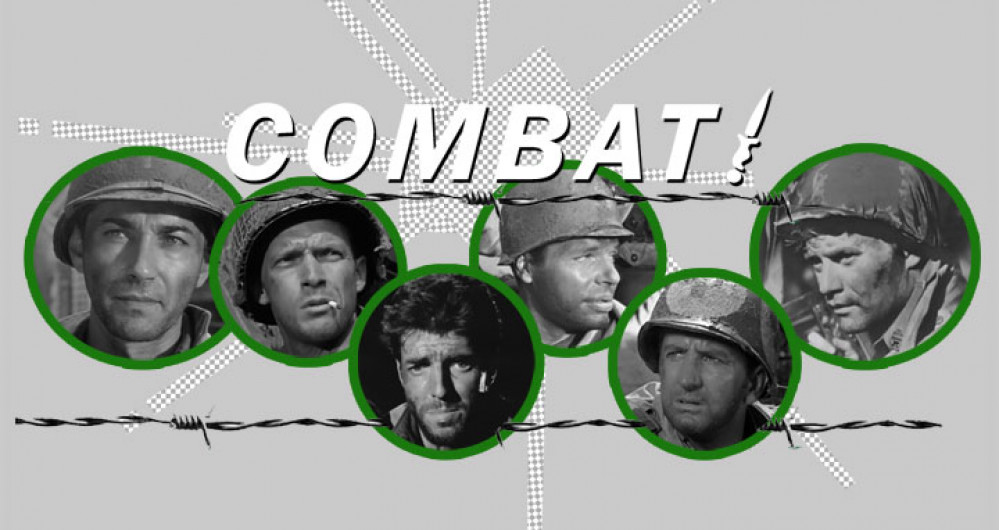
Combat Patrol! My Go at WWII Squad Level Wargaming Rules
Fighting in Combat!
To shoot simply choose a weapon, check the range, declare the firing method, apply modifiers, roll to hit then either roll for damage or take a Reaction Test.
As an example we will look at a US Paratrooper and an Inexperienced German both armed with their standard Rifles.
To resolve one Soldier firing at another we must first decide which weapon the firing soldier is using.
The US Paratrooper is armed with an M1 Garand and so that is the weapon which will be used.
Next the Range is checked, it is established that the Paratrooper is 10 Inches from the German and is therefore in “Optimum Range”.
The US Player then decides if they will fire the weapon in the “Standard Firing Method” or the “Special Firing Method”. Each Weapon will have this clearly listed.
The Paratrooper decides to just use the Standard Firing Method and fires a single shot at the German.
Next we look at any potential modifiers that could influence the shot. The German Soldier is behind a wooden fence that counts as light cover which will subtract 1 from the paratroopers roll to hit.
Next we look at the US Paratrooper Profile and see that the Accuracy rating is 4+ from which we subtract the light cover and we see the final roll needed to hit the enemy is a 5+.
The Paratrooper then rolls a D10.
The Paratrooper Rolls a 5 and so does hit the German Soldier.
Shooting – Special
Many Weapons have a “Special Firing Method” which is clearly listed. When shooting (other than as a snap fire) a model may choose to use this Method rather than the “Standard Firing Method”. This will be looked at further in the Weapons Section.
Casualty Chart
When a Soldier is Hit roll on the chart to see whether or not he receives a wound.
Roll Two D10’s and apply the result.
2-4 – No Effect – The Bullet Passes through a non vital piece of equipment like a water bottle or backpack and it will no doubt be a problem later but has no effect on the current combat.
5-8- Flesh Wound – The Model receives a Flesh Wound and make not make Run Moves. This could be fragments of bullet, stone or wood wounding a soldier rather than a full blown bullet.
9-13 – Light Wound – The Model May not make Combat Moves and Suffers a -1 to all shooting. They may be dragged by a friendly model as a part of the other models Combat Move in which case all movement counts as twice the actual distance moved. If a model is dragged they can still fire their weapon when it is their turn to activate suffering a further -1 penalty.
14-17 – Serious Wound – The Model may take no further action this game. A seriously wounded model can be dragged in the same way as a lightly wounded model.
18 – Critical Wound – The Model is Critically wounded and will die without aid. Roll a D6 at the start of a Critically wounded models activation, on a 1 or 2 they will die, this number increases by 1 each turn after the first test is taken.
A Critically Wounded Model may be stabilised by any friendly model who ends their move in base contact with them. At the start of the critically wounded models activation, before checking to see if they die make a “Medic” test. On a 1-3 the Wounded Model takes an additional -1 to their Critical Tests, on a 4-5 the patient is temporarily stabilised and does not have to take the test this turn, reset the seriously wounded test to 1-2. On a 6 the Model has been stabilised and is now treated as Seriously Wounded instead.
Any Model designated as a “Trained Medic” receives a +1 on all stabilisation rolls.
19-20 Instant Death – The Model is Removed from Play and Officially Dead.
Weapon Chart
Where a Figure is Given as X/-Y that means the weapon fires X Shots but with a Y Modifier to Accuracy. The Modifier
A Model may not fire Beyond their Maximum Range and if firing over their Optimum Range Receives a -1 Penalty in addition to all others.
Weapon Special Rules
Spray: May be used up to Maximum Range instead of firing. Any Model within Three Inches of the Target, including the target, must take a Reaction Test with a -2 Modifier.
Machine Gun: May be used up to Optimum Range. The Machine Gun Fires in a 45 Degree Arc up to the optimum Range. All Models in the Arc are shot at with D2-1 Bullets and have a -1 on the Reaction Test. Even if a 0 is Rolled for number a Shots the Model must still take a Reaction Test.
Each Time the Machine Gun Fires this way Take Note of it for the Belt and Magazine Rules.
Belt Fed Machine Gun: May Fire with the Special Firing Method Four Times before needing to be reloaded. Firing with the Standard Firing Method does not use ammunition. Once a Machine Gun is Unloaded it may not fire at all until reloaded. A Belt Fed Machine Gun takes Three Actions to Reload, models may aid with the reloading by spending half their action reloading the gun.
For Example a model in base contact with a model with a Machine Gun can take a Fire and Combat Move Activation, fire then spend the Move part of the action to reload the Machine Gun.
Magazine Fed Machine Gun: May Fire with the Special Firing Method Two Times before needing to be reloaded. Firing with the Standard Firing Method does not use ammunition. Once a Machine Gun is Unloaded it may not fire at all until reloaded. A Magazine Fed Machine Gun takes One or Two Actions to Reload, roll a D10 after the first reload action on a 1-5 the Gun Requires another Action to Reload while on a 6-10 the Gun is reloaded. Models may aid with the reloading by spending half their action reloading the gun.
For Example a model in base contact with a model with a Machine Gun can take a Fire and Combat Move Activation, fire then spend the Move part of the action to reload the Machine Gun.
Limited Ammo: Keep a note of each time a Limited Ammo Weapon is used, once all of the Limited Ammo Weapons are expended they may not be used for the remainder of the game.
Grenade: A Grenade May be Thrown either In Sight or Out of Sight. If a 1 is rolled when using a Hand Grenade it is dropped and will scatter from the model using it.
When Throwing a Grenade the Throwers Accuracy Value is Inverted. So a 4+ become a 6, a 6+ becomes a 4 and so on.
Nominate the Target Point, Roll a D10 and subtract the Inverted Accuracy from the final roll to a minimum of Zero. Then the Grenade Scatters. The Opponent moves the Grenade Two Inches, then the controlling player moves the grenade one inch and the cycle repeats until the final landing place has been found.
When rolling to hit subtract the Inverted Accuracy from the D10 Roll. If the result is 0 or less the grenade hits the target point. If the result is higher than 0 the grenade will scatter that many inches. The grenade is moved one inch at a time by both players in the following way.
Opposing Player
Opposing Player
Controlling Player
Opposing Player
Opposing Player
Controlling Player
Opposing Player
Opposing Player
Controlling Player
When a Grenade Lands it explodes with a 1 Inch Radius. Units hit by a grenade Receive a +2 on the injury Chart.
For Example a Model with a 6+ Accuracy Value throws a Hand Grenade. This gives them an inverted Accuracy of 4. The Target Position is then chosen and a 10 is rolled for scatter. This gives 6 “Scatter Points”. Starting with the Opponent the Grenade is moved two inches, then the controlling player moves it an inch, then the opponent moves it two inches followed by the controlling player moving it an inch where it will finally explode.
Out of Sight: The Throwing Units Inverted Accuracy is halved. So a Unit that would normally have an inverted accuracy of 6 would instead only have an inverted accuracy of three. Common Sense must be used when targeting a unit with and Out of Sight Grenade.































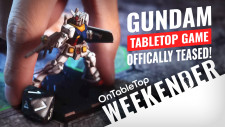

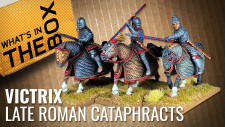

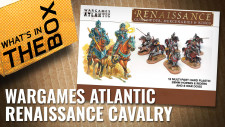
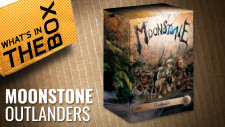




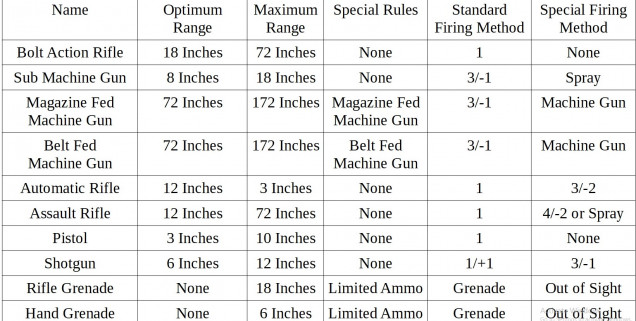










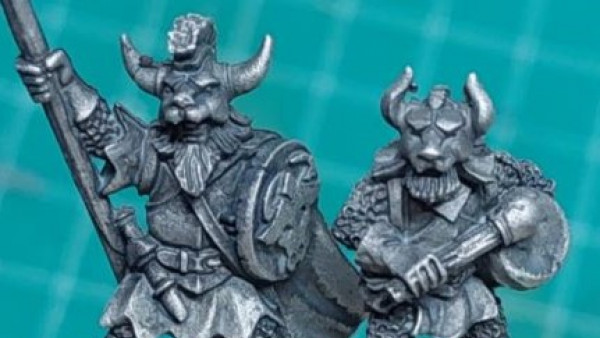
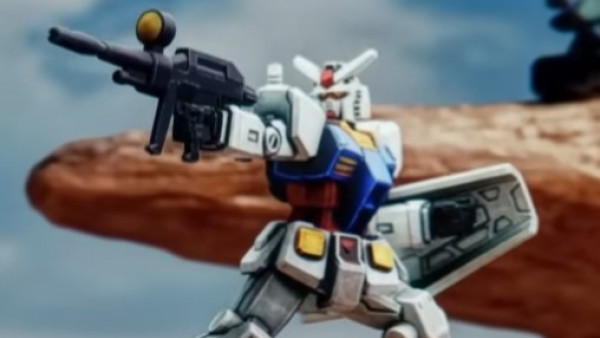
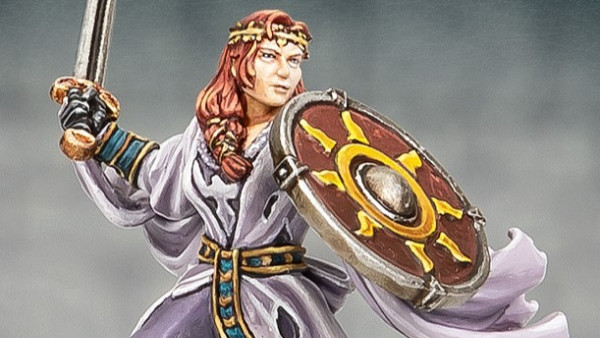
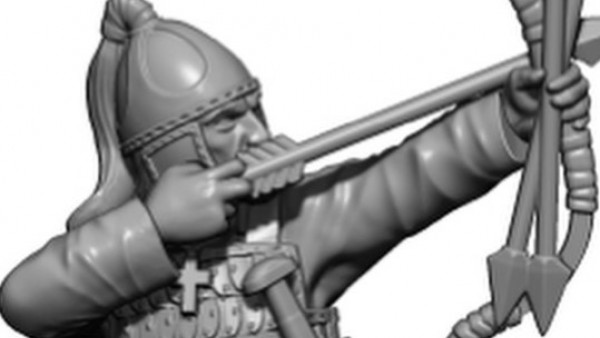
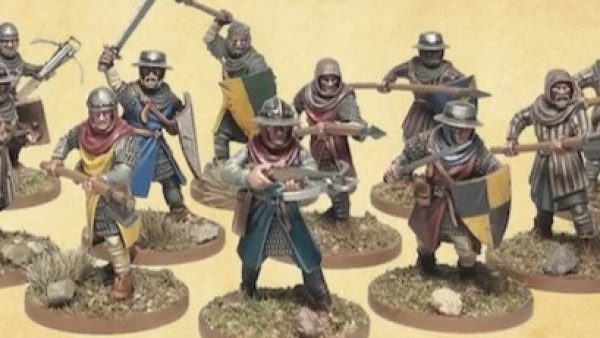
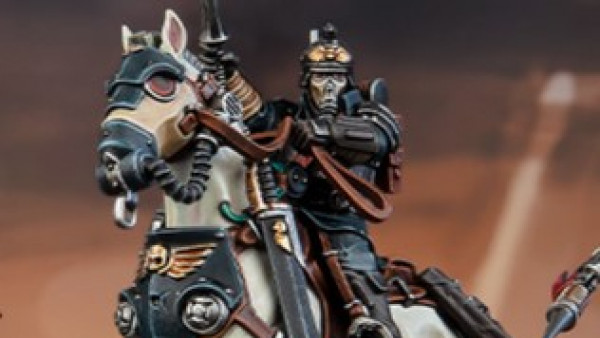
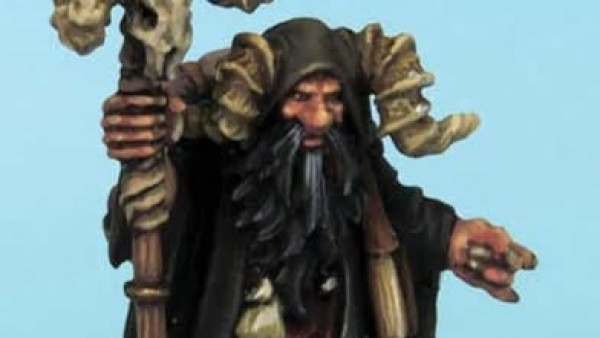
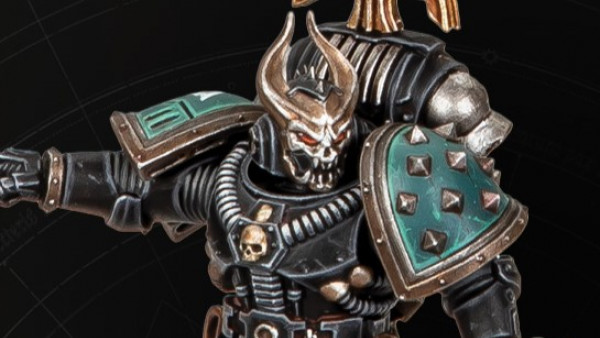
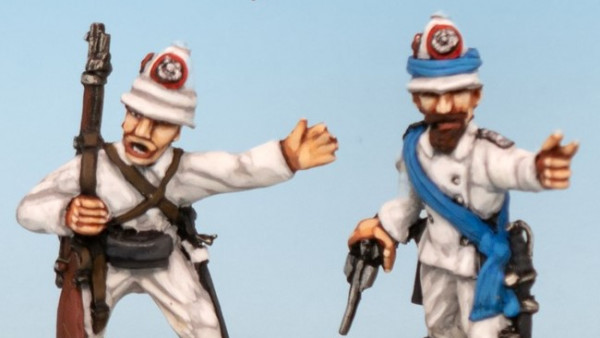
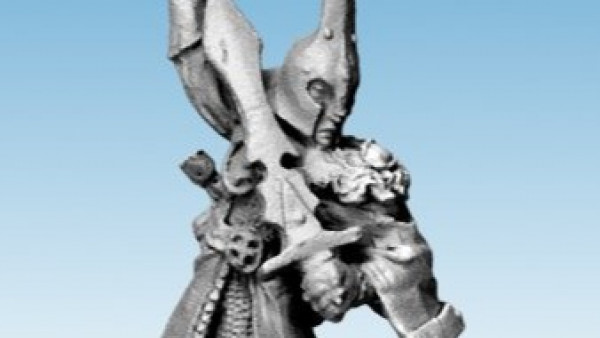
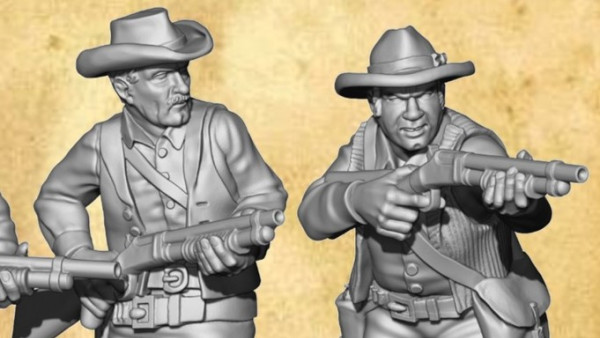
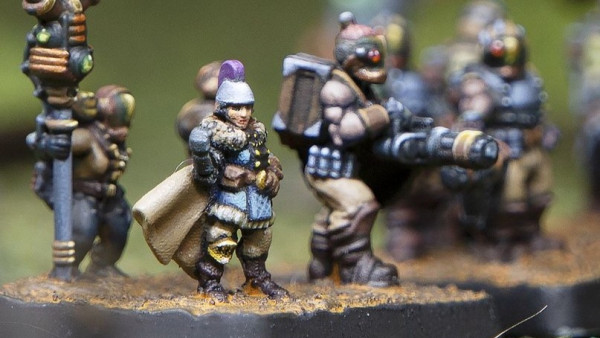
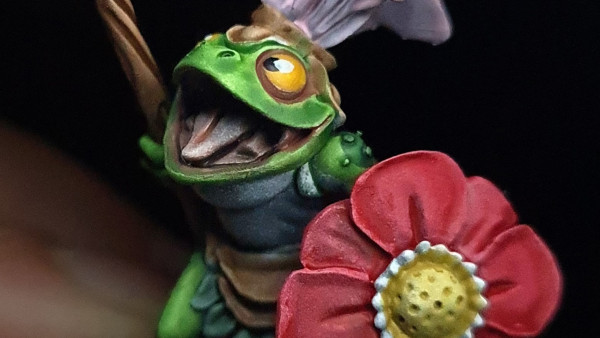
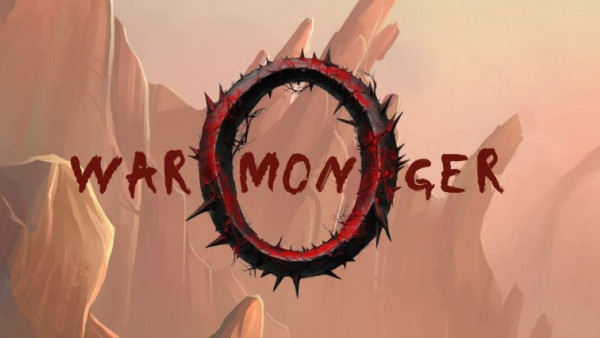

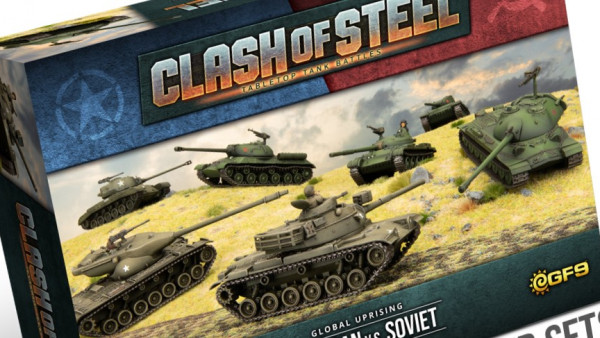
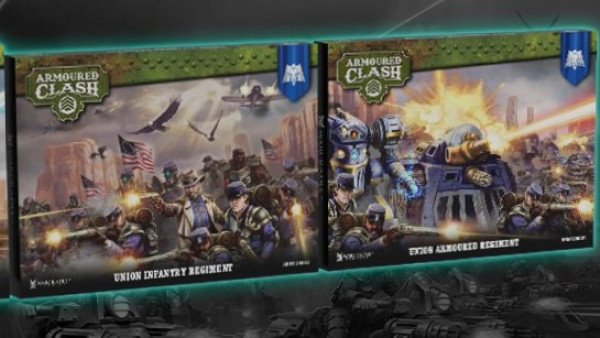
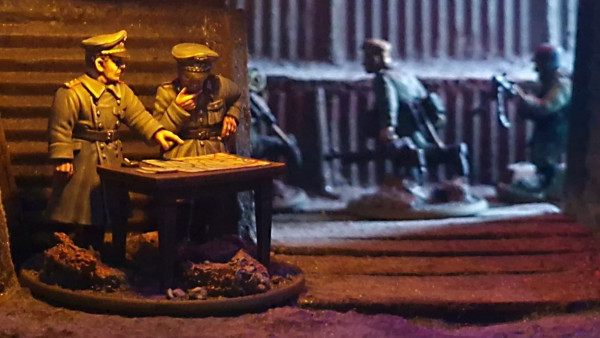
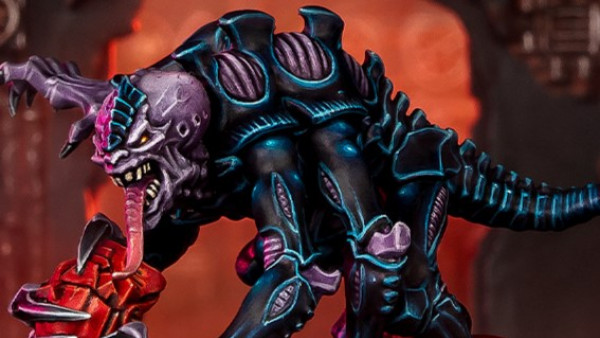
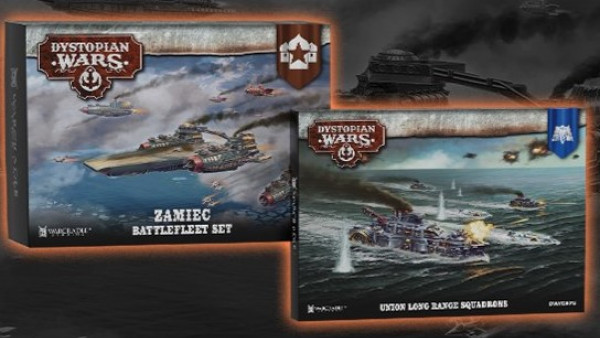
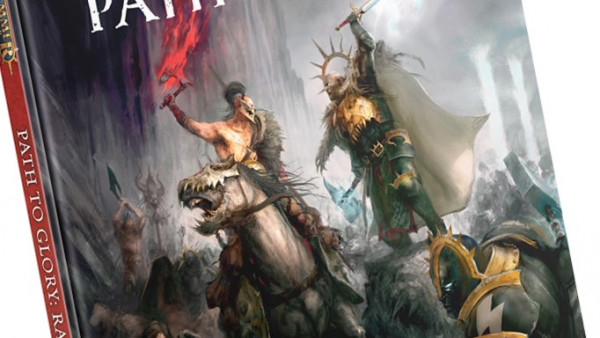


Another awesome idea @elessar2590 ! 😀 Man, you’re really getting down into the individual skirmish-level weeds on this one. Combat at the “quantum” level! 😀